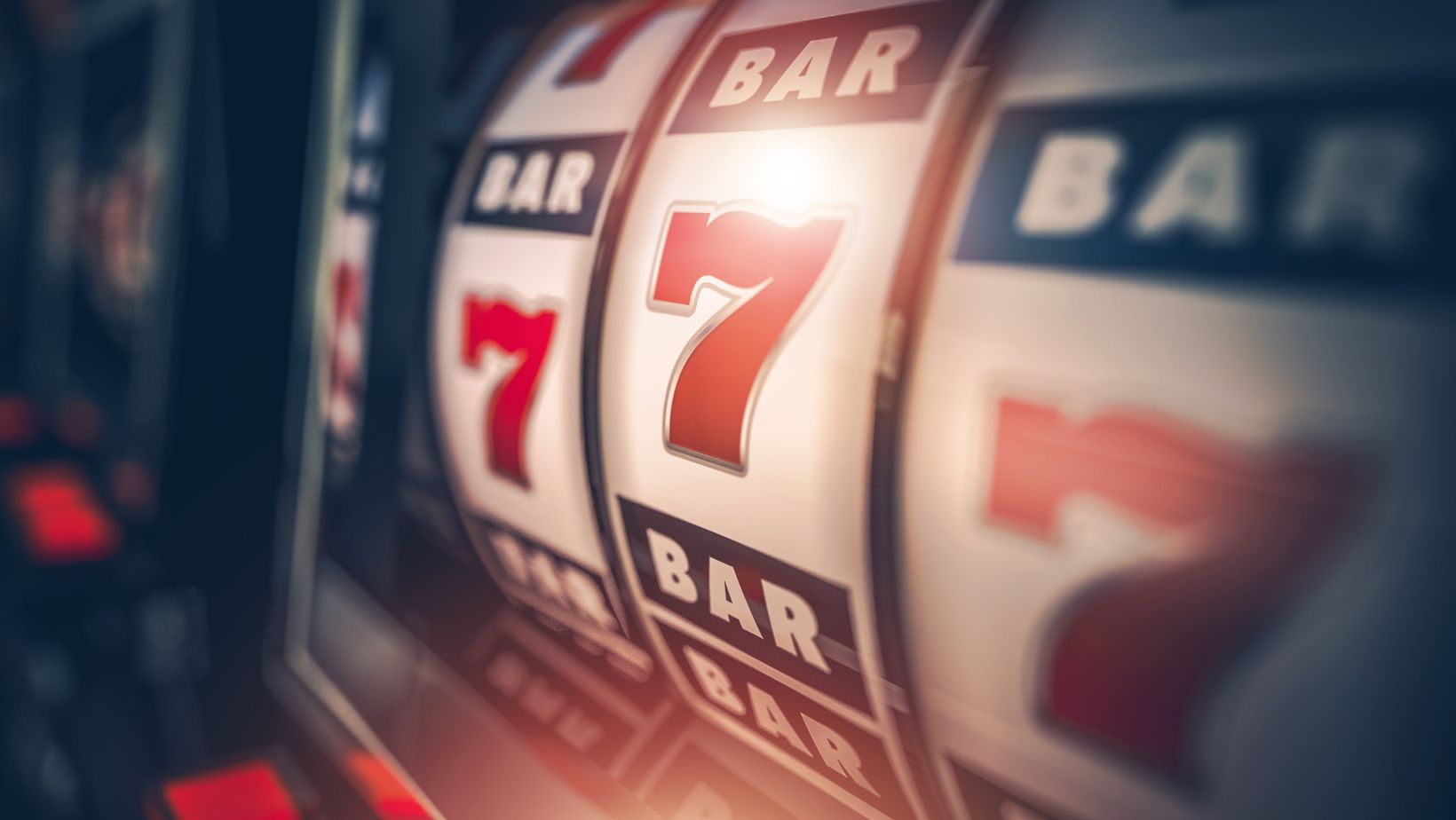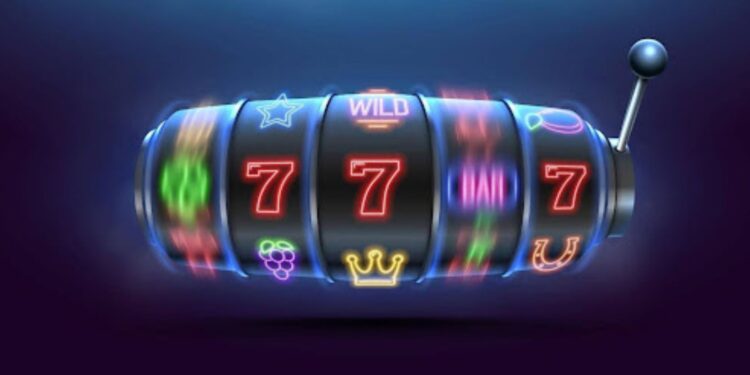Slot games come in various formats, with different features, themes, and prize structures. One of the biggest distinctions between some of the most popular online Slots? The type of jackpot on offer—Progressive or Fixed. Both can deliver substantial prizes, but they work in completely different ways.
Knowing the difference helps you pick the right slot for your playing style and budget. Whether you’re after consistent rewards or chasing a potentially larger (but less frequent) prize, each format has its own quirks.
A fixed jackpot slot has set payout values and typical bonus features. A progressive jackpot slot, meanwhile, runs with a prize pool that grows over time—sometimes reaching huge amounts.
Here’s how each type works, what sets them apart, and what to think about when choosing between them.
Fixed Jackpot Slots: What You See Is What You Get
A Fixed Jackpot slot has a set top prize that doesn’t change. No matter how many people play or how much gets wagered, the maximum win stays the same. The game developer sets this amount, and it remains constant.
In a fixed jackpot title like Big Bass Bonanza, the top payout comes from symbol combinations and bonus features, not a shared prize pool. You’ll know exactly what you could win from any spin—no external factors change the amount.
These Slots typically have a more balanced payout structure. Smaller wins tend to pop up more regularly, and the top prize is reached through standard features like free spins, scatter combinations or bonus rounds. There’s less volatility overall, which means steadier gameplay without the massive peaks and troughs you might see elsewhere.
Progressive Jackpot Slots: The Prize That Keeps Growing
A Progressive Jackpot slot works differently. The prize pool grows each time someone places a bet. A small amount of every wager feeds into the jackpot, which keeps climbing until someone wins it. Once that happens, the prize resets—usually to a base amount—and starts building again.
Progressive jackpots come in three main types:
Standalone jackpots link to one machine or game instance only. Local jackpots are shared across multiple machines within a single casino or platform. Networked (or wide area) jackpots are shared across multiple operators, which is why they have the potential to reach massive amounts—sometimes into the millions.

However, because the prize can get so large, your odds of hitting it are typically much lower. The jackpot might trigger randomly or through specific symbol combinations, depending on the game. And since a portion of each bet contributes to the pool, the base game RTP can be slightly lower than what you’d find in fixed jackpot Slots.
Progressive titles grab attention with their headline-making prize amounts, but the base game often delivers smaller wins compared to fixed jackpot Slots.
Volatility: How Each Type Plays Out
Fixed jackpot Slots usually sit in the low to medium volatility range, depending on design. You may see more frequent (but smaller) payouts, with clearly defined jackpot amounts. Big Bass Bonanza fits this profile—multipliers, free spins and collection symbols deliver fairly consistent, although still unpredictable, returns.
Progressive Slots tend to be high volatility. Payouts might be less frequent, but there’s potential for a very large win if the jackpot hits. This suits players who are comfortable with longer sessions and who are focused on chasing that top-tier prize.
No matter which game you choose, a win is never guaranteed thanks to the trusty random number generator (RNG) software that keeps games fair, no matter the jackpot.
RTP: Where the Money Goes
RTP (Return to Player) shows the theoretical percentage of total stakes a slot is expected to pay back over time. A game with 96% RTP would return 96 coins for every 100 coins wagered, averaged over a long period.
In fixed jackpot Slots, the RTP is fully allocated to standard gameplay and bonus features. The payout structure’s more predictable—you can see how the RTP is distributed across the base game and bonuses.
In progressive jackpot Slots, a small percentage of the RTP feeds the jackpot pool. This means the base game RTP may be slightly lower than that of fixed jackpot games. It can affect how often you see wins during regular play, since some wagered funds are directed towards the jackpot contribution rather than immediate payouts.
Bonus Features
Both types can include free spins, wild multipliers and interactive bonus rounds. In fixed jackpot Slots, these features are often the main way to reach the top prize.
Progressive Slots typically award the jackpot separately from standard features—sometimes through a randomly triggered event or a specific bonus game. Some progressive Slots even have multiple jackpots (mini, minor, major, mega), each with different probabilities.
Which One Should You Pick?
Your choice depends on your preferences and how you like to play.
Fixed jackpot Slots work well if you:
- Prefer predictable payout structures
- Like managing your bankroll with a clearer sense of risk and reward
Progressive jackpot Slots might suit you if you:
- Don’t mind high volatility
- Want a shot—however small—at landing a significantly large jackpot
- Understand that most returns will likely come from standard gameplay rather than the jackpot itself
It’s worth noting that some progressive jackpots can only be triggered with maximum stakes. Always check the game’s info panel to see the conditions for jackpot eligibility.
Same Foundation, Different Structures
Despite their different prize structures, both progressive and fixed jackpot Slots run on Random Number Generators (RNGs). These ensure every spin is independent and controlled by chance. Each spin’s outcome isn’t influenced by previous results or how long you’ve played.
Understanding how each jackpot type works helps you pick a game that matches your risk tolerance, playing style and expectations.















